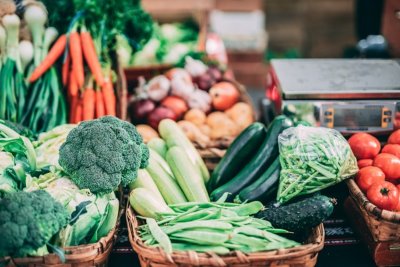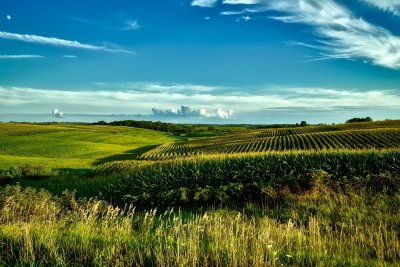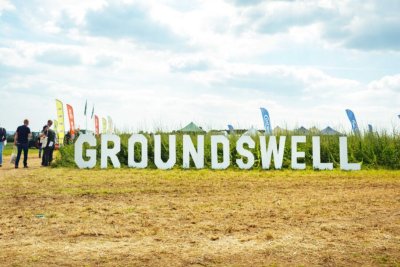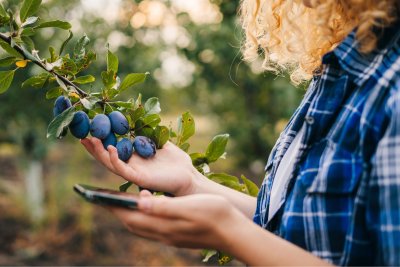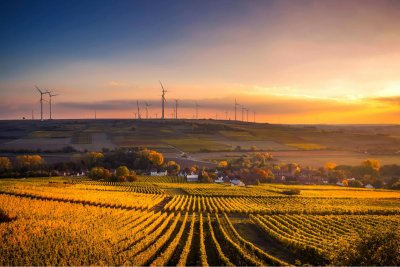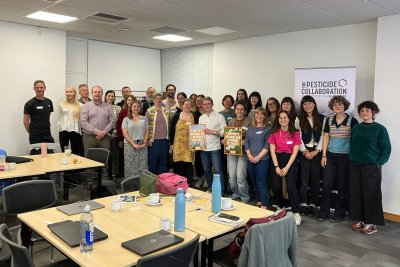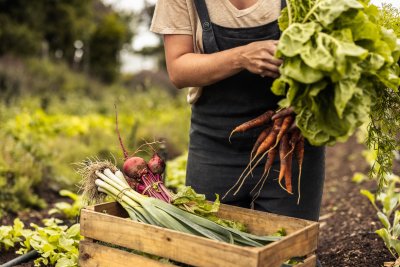WTO Membership
The UK is now, and will continue to be, a World Trade Organisation (WTO) member when we leave the European Union (EU). All experts agree that it is a member. All but a tiny minority also agree that there will be no break in our membership when we leaves the EU.
WTO Commitments
There will be negotiations with other WTO members about some of the terms of membership — the commitments the UK makes in the WTO — not membership itself. A really good primer on the WTO can be found here. This FT piece on Brexit and the issue of the WTO schedules is also very useful on some of the complexities.
One source of confusion is the fact that the UK will have to negotiate something in the WTO. In fact, so will the EU, whose membership has not been questioned. The UK will not be negotiating membership. It will be negotiating some of its promises to other WTO members.
The following links explain why the UK is and will continue to be a WTO member:
- The EU’s page on the WTO website. Explains member states are WTO members in their own right https://www.wto.org/english/thewto_e/countries_e/european_communities_e.htm
- The UK’s page https://www.wto.org/english/thewto_e/countries_e/united_kingdom_e.htm
- If the UK had to rejoin the WTO, it would have to go through an accession process, involving the creation of a working party, etc. www.wto.org/accessions. It isn’t having to.
- On this page is a table “in a nutshell”. Everything on it applies to the UK, except that the UK and EU have to negotiate revised market access commitments for goods and services: https://www.wto.org/english/thewto_e/whatis_e/tif_e/agrm1_e.htm
- The revised “schedules” of commitments are being negotiated under 1980 GATT procedures https://www.wto.org/gatt_docs/English/SULPDF/90970413.pdf Note reference to “no objections ... raised by” any contracting party (ie member of what was then GATT, now WTO member). Note this area has been the subject of recent reports as certain WTO members have voiced concerns about what the UK and EU have been proposing. The UK and EU are going through a process of agreement on the schedules of commitments including Agricultural Tariffs-Rate Quotas (TRQs) under which countries can import certain goods with reduced duties. This is bound to be tricky as Brexit means these TRQs will need to be reallocated and recalculated.
- The Agreement Establishing the WTO’s article 9 on decision-making by consensus https://www.wto.org/english/docs_e/legal_e/04-wto_e.htm#articleIX (note the EU member states are also counted individually). The agreement deliberately does not use the term unanimity, which means everyone says yes. Consensus means no one says no.
Thanks to Peter M Ungphakorn for information. His website is a very useful source of clarifications, analysis and information regularly updated as is his twitter feed.
Our concerns
Sustain highlighted concerns about the implications for our food, farming and fishing as a consequence of new trade deals, following our exit from the EU - in Sustain's submission of evidence to the EFRA Select Committee inquiry on Trade in Food. It will monitor developments, share information and provide opportunities to debate the issues.
Do get in touch with any queries - vicki@sustainweb.org
Good Food Trade Campaign: Campaigning for good trade that benefits people and the planet at home and overseas.

